Berlin Startup Girl in Forbes! Earlier this month I sat down with Amy Guttman of Forbes to talk about the status of the Berlin startup ecosystem. We spoke a lot about how the funding has grown, how exits like Microsoft’s acquisition of 6Wunderkinder is a game changer, and why Berlin is an attractive city to build your own startup (other than just being cheap).
Check out the full article: Why Investors Are Keeping A Close Eye On Berlin For Startup Success
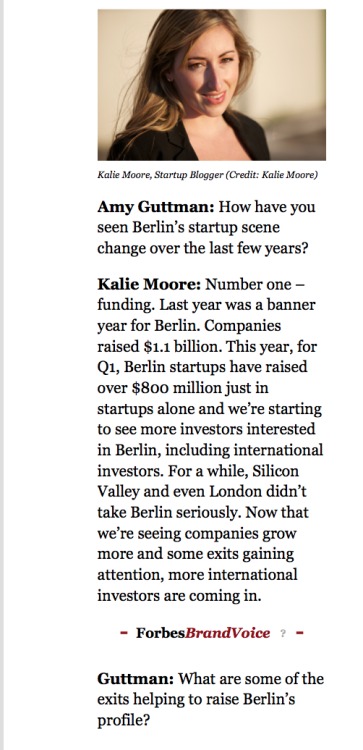
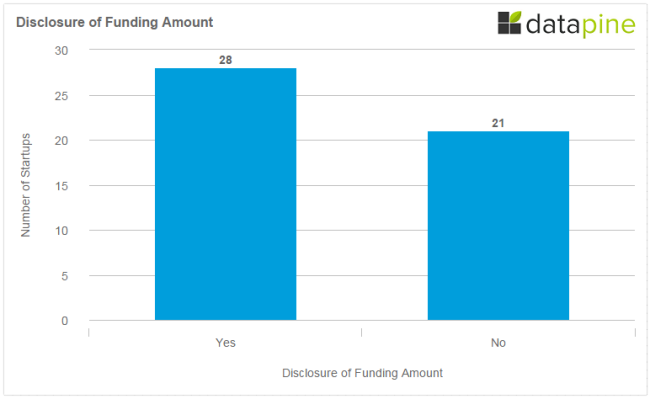
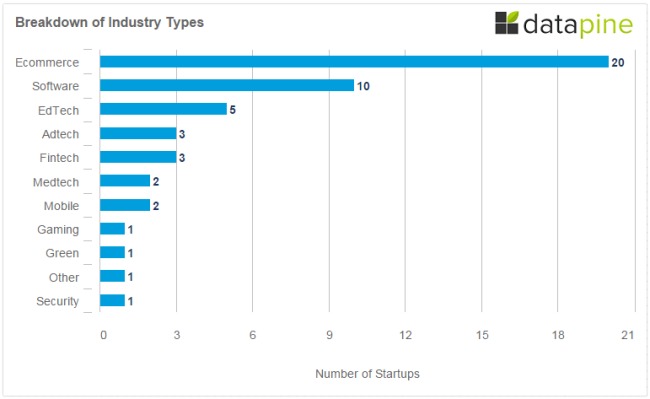
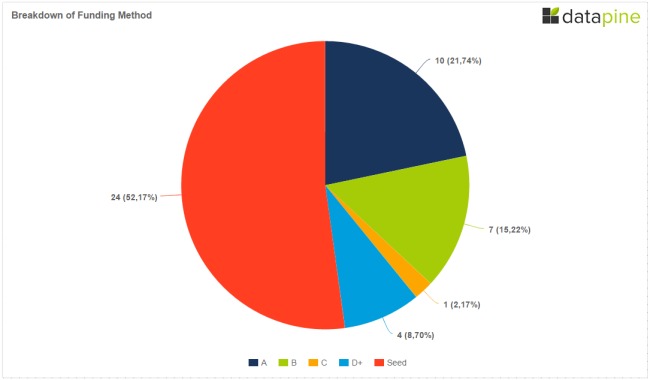
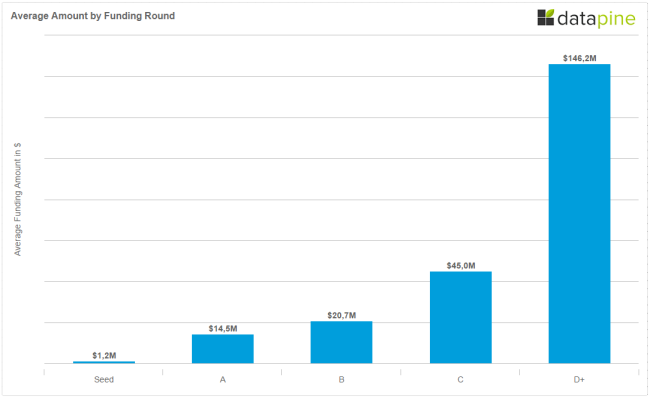
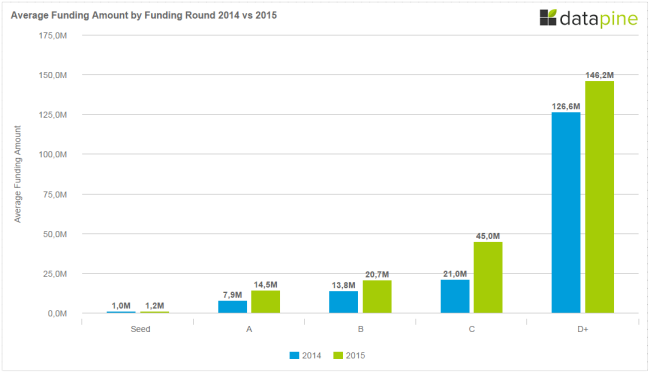
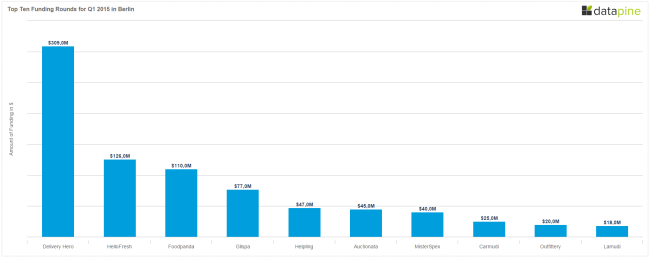

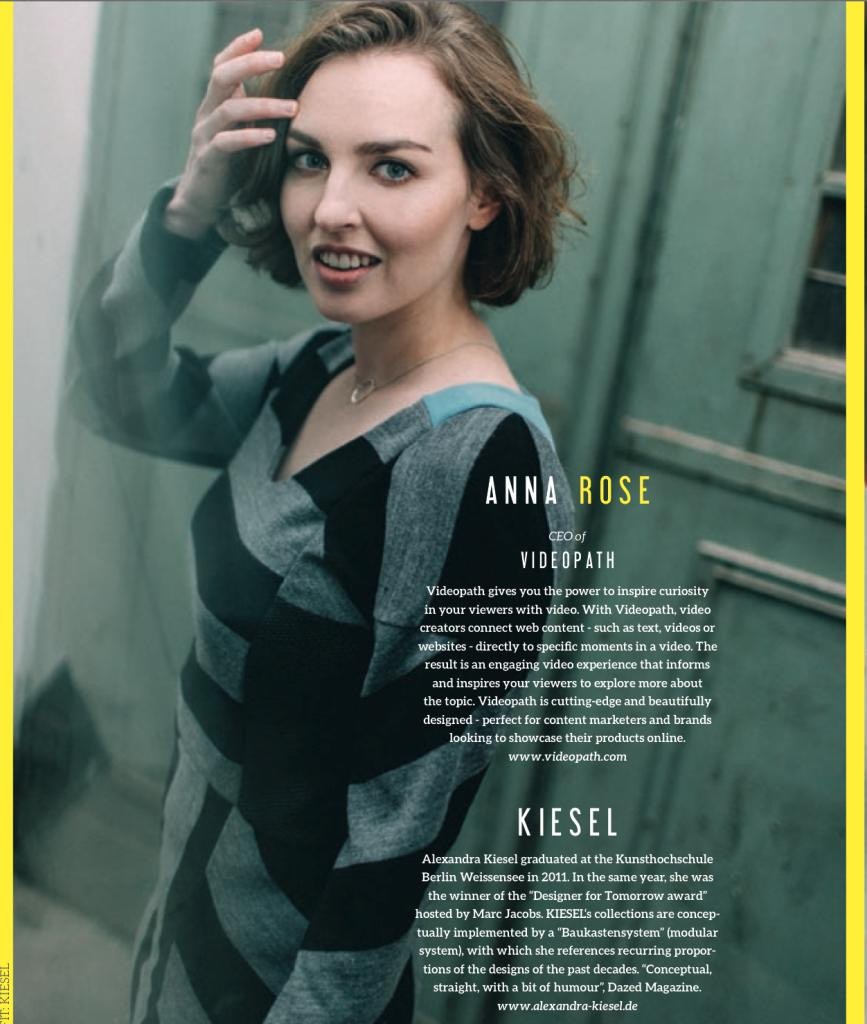
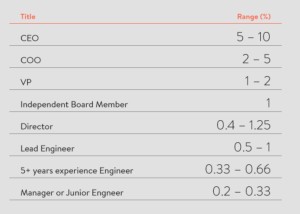

Recent Comments